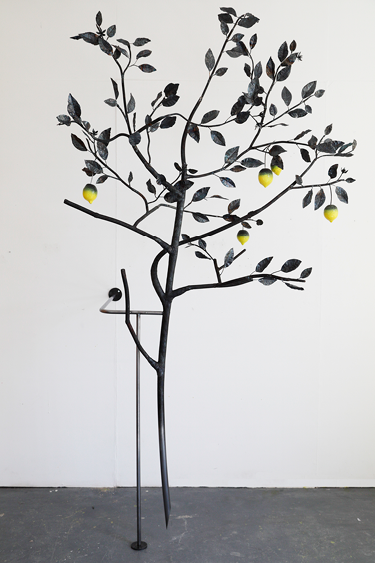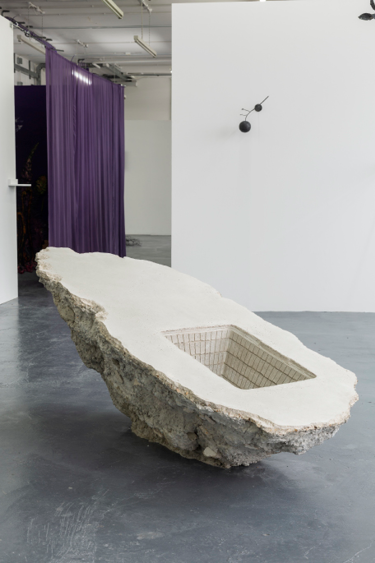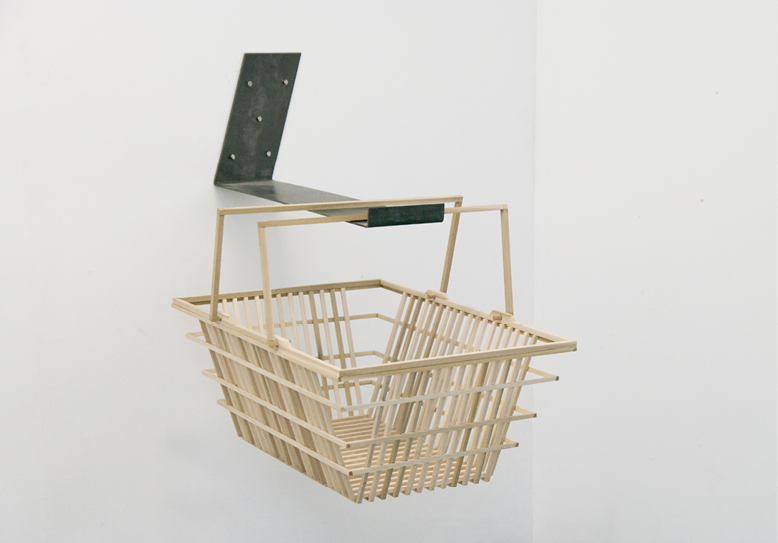
Rob Branigan
Age: 27
Location: London
Education: Ruskin School of Art, Oxford University (BA Fine Art), Royal College of Art (MA Fine Art)
Biography
Rob Branigan (b. Liverpool 1992) graduated from The Ruskin School of Art, 2013, and the Royal College of Art 2019. He has recently shown at Assembly Point and Filet Space, London, completed a residency at Studio Block M74, Mexico City, and has an upcoming collaborative residency with Finbar Ward at Standpoint, London. Rob's practice typically utilises the motif of the vessel, the support structure, within his work as a means of providing a receptacle for the viewer, engaging them to discuss ideas surrounding the objects he references - exploring passages of time, inclinations of memory, ideas of knowledge or power structures.
Submitted work
About the work
‘Ornamental Crime’: Most common citrus fruits are hybrids, and are the product of legitimate and illegitimate movement across the world. Their appearances in different cultures describe their history, and lemons especially have a strong link to culture as an ornamental object. This sculpture is an attempt to claw back what is lost or obscured within the vessel of botanical illustrations; to explore not just how we see the lemon but how it exists in our lives, as an ornament, a garnish, an acidic, a tart seduction, an object as much as a fruit or medicine; the very lemon-ness of a lemon.
‘Discontinued’: Baskets have long existed, allowing the user to carry more than they can with their hands. In the 20th century, they were provided by the new supermarket to shoppers, enabling them to carry more, making the shopping experience smoother and more profitable. They flit between being a public and private object, they are generous in their nature, but that intent of generosity is barbed. Formed out of wood, undermining the mass-produced, consider the basket’s history, its purpose, what it came from and why it changed — the convenience of having baskets ready for you to carry around the store.
‘Checkout’: Today, our consideration of a shopping basket is not what the object is itself, but what it contains - your weekly shop, your online account, "You have no items in your shopping basket". The term ‘Abandonment of baskets’ is discussed, but not meaning the random basket of goods left discarded on the floor; It's how to make profits on the abandonment of a virtual shopping experience, the user who leaves a page before completing a transaction. The shopping basket is moving away from a physical identity, its becoming a future relic, preserved in language and on the pages of e-commerce.






